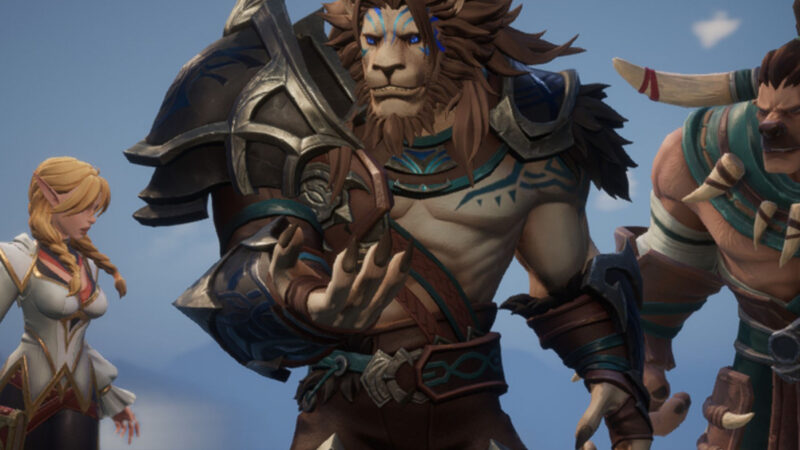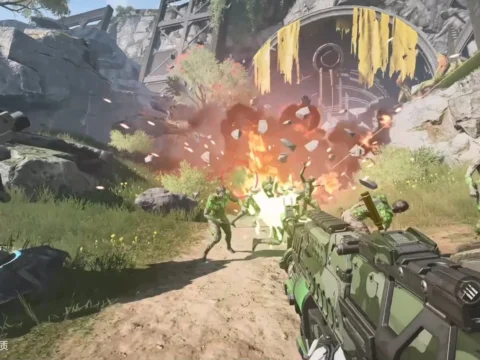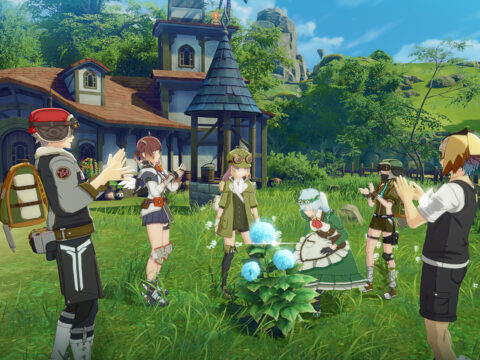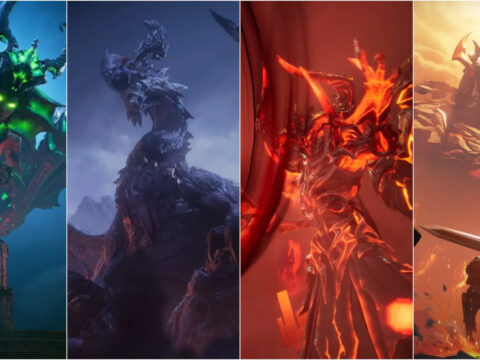Tarisland is set to shut down on November 4th, marking its demise just a year after its initial launch. Tencent’s Level Infinite launched this free-to-play MMORPG in June 2024, making it available on PC, iOS, and Android. The game boasted nine classes, expansive raids, challenging dungeons, player-versus-player modes, and the ever-elusive promise of a “no pay-to-win” experience. On paper, Tarisland appeared to be a viable “World of Warcraft clone,” but in reality, its prospects were bleak from the start.
One of the primary issues arose even before the game’s release. As you may recall, World of Warcraft disappeared from China due to the collapse of Blizzard’s deal with NetEase, leaving a significant void. Tarisland was strategically positioned as a backup plan. This, however, created unrealistic expectations. World of Warcraft possesses decades of history and a profound cultural impact. When players sampled Tarisland, they didn’t encounter anything innovative or refreshing. Instead, they perceived a weaker imitation of a game they already cherished and missed. This made it incredibly difficult for Tarisland to forge its own unique identity.
The game’s actual design further compounded the problems. Tarisland incorporated the standard elements expected of an MMORPG, including tanks, healers, damage dealers, dungeons, raids, and open-world exploration. On the surface, it ticked all the necessary boxes. However, upon closer examination, everything felt overly cautious and uninspired. The classes relied heavily on conventional archetypes, lacking any truly novel or exciting additions. The combat possessed a certain weight but lacked smoothness and excitement. While the world was visually appealing, it lacked personality and charm. The raids functioned adequately but felt repetitive. While nothing was outright terrible, nothing stood out as particularly enjoyable either.
Cross-platform play, intended to be a major strength, ultimately became another weakness. Tarisland was clearly designed with mobile devices in mind, making the PC version feel awkward and clunky. The menus, systems, and overall user interface were streamlined for phone screens, resulting in a cumbersome experience on larger displays. On mobile, it faced intense competition from numerous other polished MMORPGs that offered superior experiences. Consequently, the game found itself in an awkward middle ground, failing to provide sufficient depth for PC veterans while lacking the accessibility and casual-friendliness needed to dominate the mobile market.
Tencent’s handling of updates and communication ultimately sealed the game’s fate. Following the initial launch, a few patches were released to address some issues and smooth out the experience. However, by early 2025, the update frequency had dwindled to a trickle. For months, the developers remained almost completely silent. When they finally did communicate, the updates were vague, underwhelming, or so minor that they barely registered with the community. Players were already uncertain about the game’s future, and the lack of communication only reinforced the impression that Tencent had abandoned Tarisland.
Competition also significantly contributed to the game’s demise. World of Warcraft, being a subscription-based game, gave Tarisland a natural advantage as a free-to-play alternative. However, this wasn’t enough. Players seeking a free MMORPG already had established and compelling options available, such as RuneScape, Guild Wars 2, and The Elder Scrolls Online, among others. Tarisland struggled to compete with games that had established communities, proven gameplay loops, and long-term developer support.
Ultimately, Tarisland failed because it never provided players with a compelling reason to try it, much less stick around. It temporarily filled a void created by World of Warcraft’s absence in China, but that was all it ever managed to do. Once World of Warcraft returned to the region, the already weak reasons to play Tarisland vanished completely.
When the servers shut down on November 4th, Tarisland will be remembered as yet another failed attempt to become a “World of Warcraft killer.” In reality, Tarisland never even came close.















